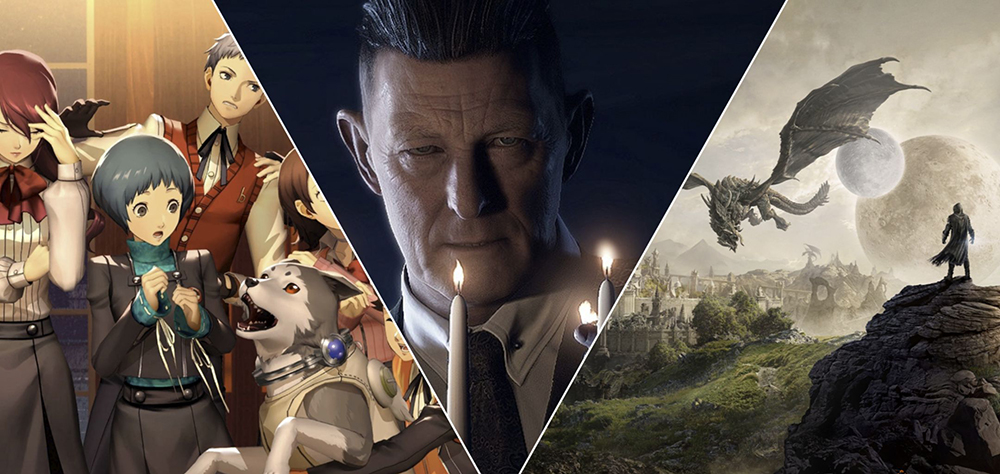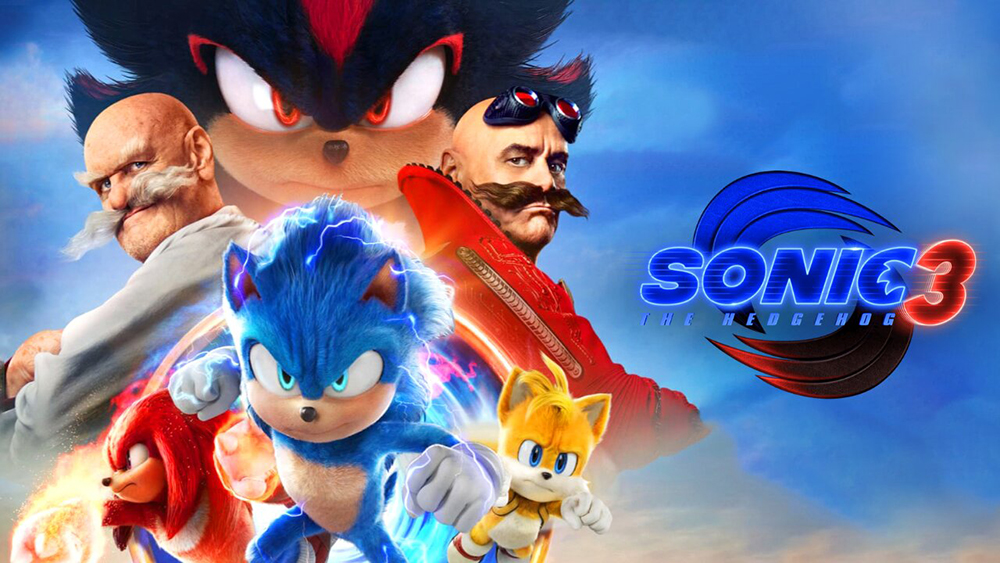Life Style
Starfield Designer Sparks Debate: Are 100-Hour Games Too Long?
A Starfield developer questions how 100-hour games will develop in the future.
By raising concerns about the sustainability of long games in the current environment, Will Shen, lead quest designer for Bethesda’s ambitious space exploration role-playing game, Starfield, has provoked a discussion among gamers. Shen stated in a recent interview with Kiwi Talkz that he thinks a lot of gamers are getting tired of games that require a lot of time, especially those that require more than 100 hours.
Shen’s remarks highlight a developing trend in the sector: the return of shorter, more concentrated gaming sessions. Even though epic RPGs and expansive open-world games still rule the market, gamers are becoming increasingly interested in games that value their time and provide a more condensed, carefully chosen experience.
Growing Popularity of “Short” Games
Shen cites the popularity of video games such as Vampire Survivors as proof of this change in player tastes. This independent treasure has received both critical and commercial acclaim for its short playtime and compelling gameplay loop, proving that in a world full with content, conciseness can be a tremendous asset.
The popularity of subscription services like Xbox Game Pass, which provides users access to a huge library of games and encourages them to try out a greater range of experiences rather than spending hundreds of hours playing a single game, is also contributing to this trend.
Scope and Player Engagement in Balance
Shen stresses the significance of striking the correct balance between scope and player involvement, even as she acknowledges the allure of big games. He contends that playing games for too long can cause burnout and a sense of decreasing returns, which could reduce the experience’s overall appeal and satisfaction.
This viewpoint poses important queries for game designers: How can they make sure that long games are rewarding and entertaining all the way through? In expansive open landscapes, are they able to control player expectations and avoid player fatigue?
How Starfield Handles Game Length
Shen’s remarks provide fascinating details about Bethesda’s strategy for Starfield’s game design. The game’s creators appear to be aware of the possible drawbacks of excessive length, even if the game offers a vast universe to explore and a plethora of information to discover.
How Starfield will strike a balance between player involvement, tempo, and its enormous scale is still up in the air. Shen’s comments, however, point to a deliberate attempt to design an experience that honors players’ time while providing a rewarding and engaging trip.
A Question of Taste: The Importance of Various Experiences
In the end, the ideal game length is arbitrary and contingent on personal tastes and play styles. Some gamers love the chance to immerse themselves in expansive universes and spend hundreds of hours on a single game. Some people want shorter, more focused adventures that may be finished in less time.
This range of tastes is advantageous to the game industry. Developers may reach a larger audience and make sure that there is something for everyone by providing a variety of experiences, from enormous open-world adventures to bite-sized independent gems.
Future Prospects for Game Length
Shen’s remarks provoked a conversation that revealed a continuous change in the gaming industry. Developers must adjust and come up with new methods to provide gamers with relevant and captivating experiences as their expectations and lives evolve.
One thing is certain: the discussion surrounding game length and player engagement will continue to influence the industry for years to come, regardless of whether the future prefers shorter, more focused games or sticks with huge open worlds.
Click on the images below to own designs
Homepage: https://senprintmart.com/















